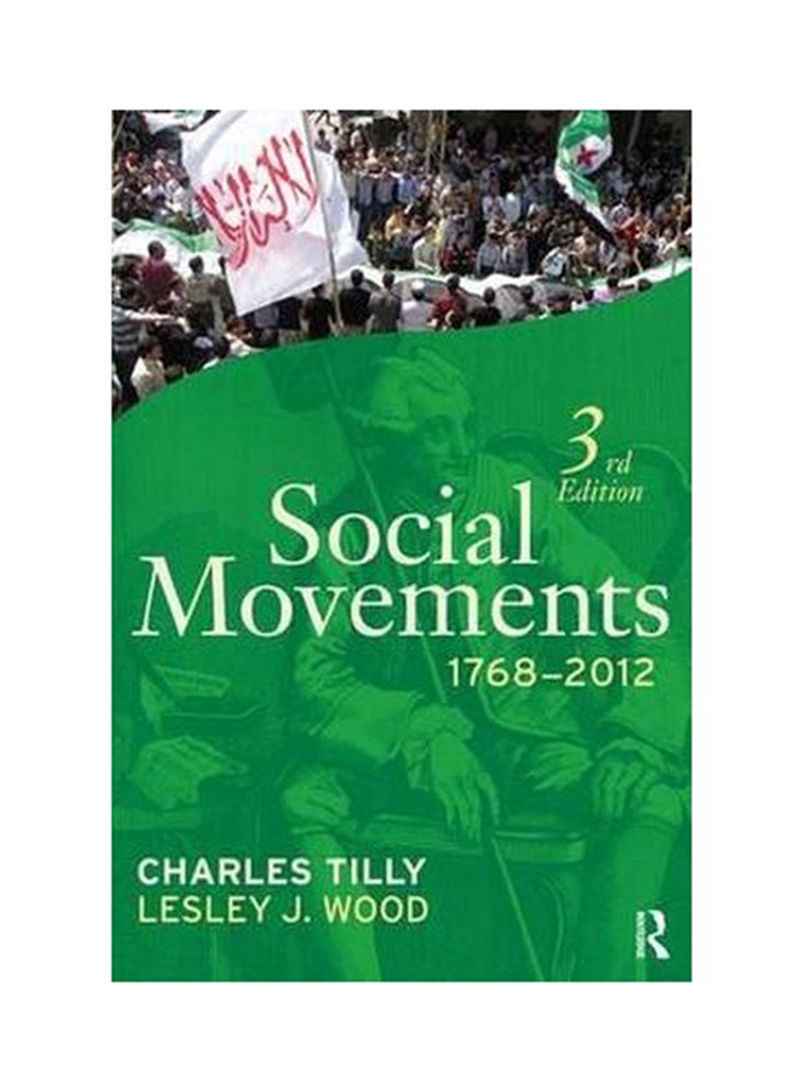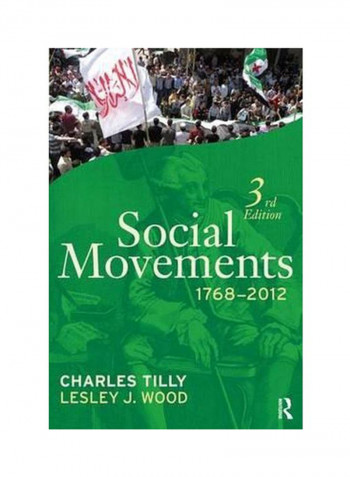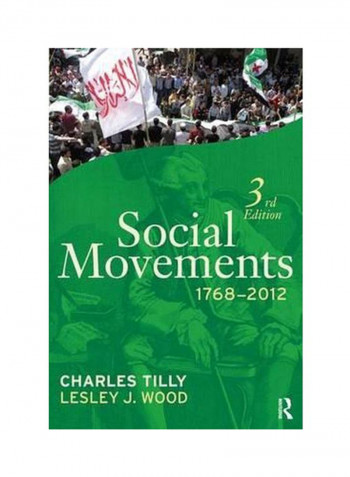Social Movements 1768-2012 - Paperback 3
Recommend
Sort by
Rating
Date
Specifications
Author 1
Charles Tilly
Book Description
The updated and expanded third edition of Tilly's widely acclaimed book brings this analytical history of social movements fully up to date. Tilly and Wood cover such recent topics as the economic crisis and related protest actions around the globe while maintaining their attention to perennially important issues such as immigrants' rights, new media technologies, and the role of bloggers and Facebook in social movement activities. With new coverage of colonialism and its impact on movement formation as well as coverage and analysis of the 2011 Arab Spring, this new edition of Social Movements adds more historical depth while capturing a new cycle of contention today. New to the Third Edition Expanded discussion of the Facebook revolution-and the significance of new technologies for social movements Analysis of current struggles-including the Arab Spring and pro-democracy movements in Egypt and Tunisia, Arizona's pro- and anti-immigration movements, the Tea Party, and the movement inspired by Occupy Wall Street Expanded discussion of the way the emergence of capitalism affected the emergence of the social movement
ISBN-13
9781612052380
Language
English
Publisher
Taylor & Francis Ltd
Publication Date
1st August 2012
Number of Pages
284
About the Author
Charles Tilly was an American sociologist, political scientist, and historian who wrote on the relationship between politics and society
Edition Number
3
Format
Paperback
Editorial Review
From First Edition: CHOICE OUTSTANDING ACADEMIC TITLE “Tilly is able to view history from an exceptional height in this short, highly readable book without losing attention to historical complexities. This book presents the lifelong thinking of a leading scholar and sets important research agendas for students of social movements in the twenty-first century. Essential for all collections.” ―CHOICE “Takes its readers on a tour of modern world history to show that within less than two and a half centuries a distinct political form arrived―the social movement. . . . Tilly’s recognition of changing political environments for movements is a step forward to looking at how this institutionalized political form actually hinges on the state-society relationship in contemporary societies.” ―Citizenship Studies



